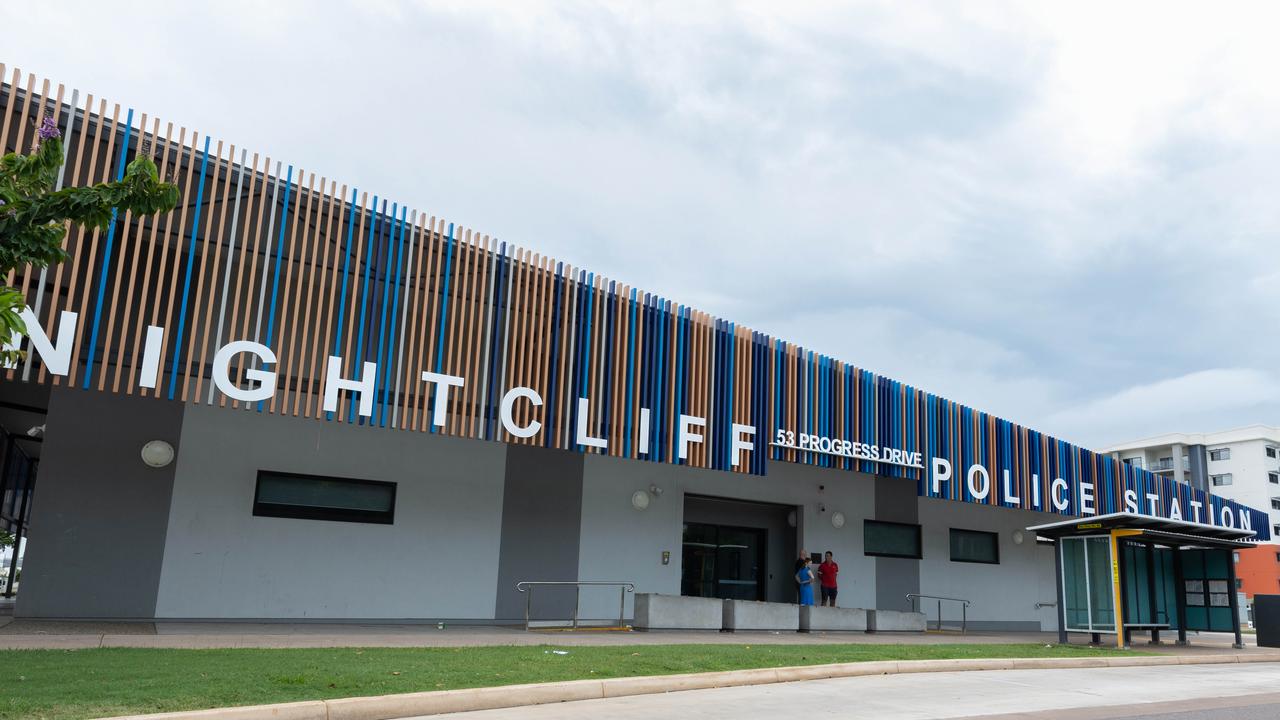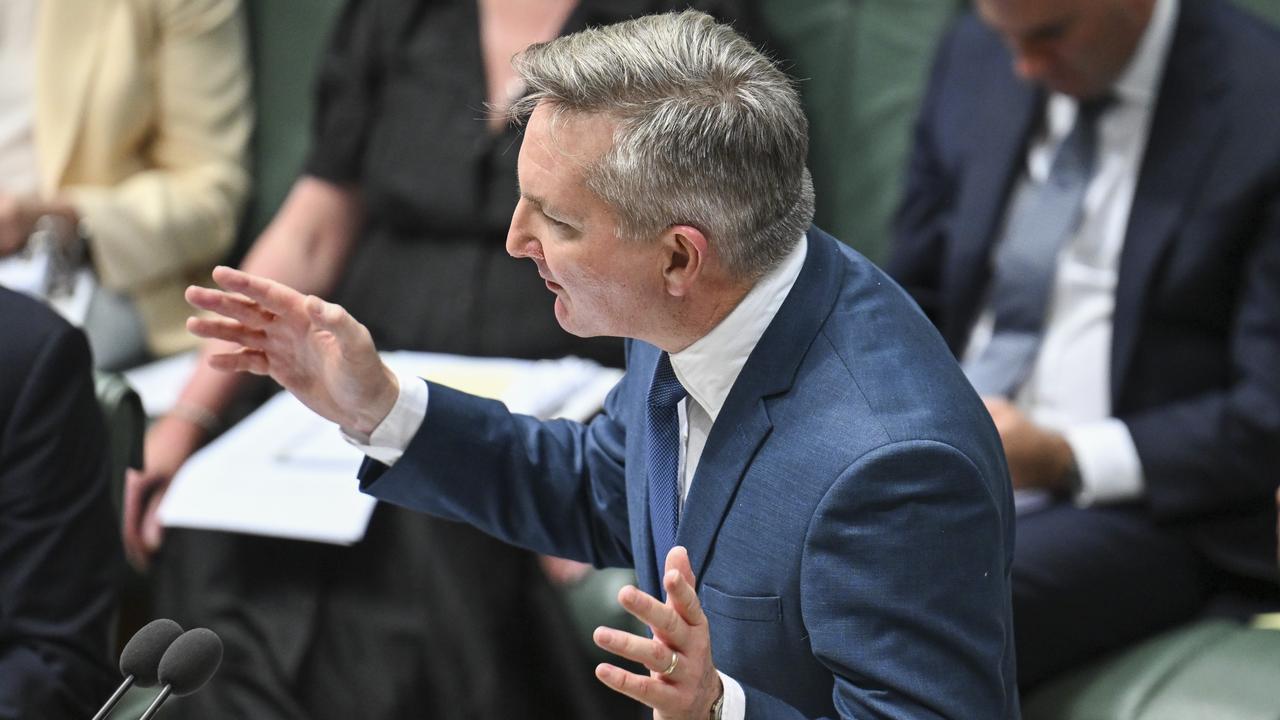Quick fix thinking will not solve major problems
Investing in evidence-backed measures to tackle the underlying issues that contribute to a person’s offending, and support them to stop offending, is critical, writes LEANNE LIDDLE

Opinion
Don't miss out on the headlines from Opinion. Followed categories will be added to My News.
GROWING up as an Aboriginal person in Alice Springs, I witnessed much injustice.
I saw the way my grandfather, a World War II veteran, was treated inside the local RSL – like the hero he was – to be shunned on the footpaths outside.
I recall my mother, a proud Eastern Arrernte woman and survivor of the Stolen Generations, warning us kids to tidy up the house otherwise “welfare” would come “and take us away’’.
And I will never forget the humiliation shopping for a new dress as a teenager only to have the store attendant make an elaborate show of spraying air freshener in the changeroom after I walked out.
These encounters served to reinforce that not only was I different due to the colour of my skin, but that I was destined to be treated as though I were somehow inferior. I was only young when I decided I would not tolerate this injustice and, decades on, I continue to fight it.
In 30-plus years working in the justice arena, I have come to understand how issues such as poverty, trauma, drug and alcohol dependence, lack of healthcare, education and jobs, absence of targeted community supports, as well as prejudice and discrimination, have converged in such a way whereby Aboriginal Territorians are obscenely over-represented in the criminal justice system.
Currently, Aboriginal men are imprisoned at 15 times the rate of non-Aboriginal men and Aboriginal women imprisoned at 14 times the rate of non-Aboriginal women.
More than 80 per cent of adult prisoners in the Northern Territory are Aboriginal. In the youth justice system, it is almost 100 per cent.
Further, Aboriginal women are significantly more likely to be victims of assault than any other group. This statistic hits home for me, having lost my sister to domestic violence 12 years ago.
Some will dismiss this, saying, ‘if you do the crime, you do the time”. This has merit in some instances, however, it fails to explain why Aboriginal people continue to fill our jails despite decades of costly interventions.
At a cost of more than $123,000 per prisoner per year in custody, not to mention the human toll of high crime rates, investing in evidence-backed measures to tackle the underlying issues that contribute to a person’s offending, and support them to stop offending, is critical.
Less crime equals fewer victims. A safer Territory means confidence for investors. It also means taxpayer money spent on prisons can be redirected to schools, healthcare and economic development.
Over the past three years, members of the Aboriginal Justice Unit travelled to more than 120 communities, talking – and listening – to victims, offenders, witnesses and their families.
Aboriginal Territorians told us they were angry at the continuing high levels of disadvantage in their towns. They felt no one was listening. They told us they wanted safer communities, where their families could thrive.
I am thrilled to be named the NT’s Australian of the Year in recognition of the historic Aboriginal Justice Agreement that, over the coming seven years, will improve justice outcomes for Aboriginal Territorians.
Thanks to the support of the NT government and benefactors such as the Paul Ramsay Foundation, work has already started, including a new custody diversion program at Alice Springs to provide rehabilitation and life skills support for female offenders. The women who undertook this residential program are back in their communities and are now working or studying. Crucially, not one has reoffended.
But all the best intentions will amount to nothing if we revert to simplistic, quick-fix policies that have failed to achieve anything other than snappy “tough on crime” headlines.
Our political leaders must step up and offer bipartisan commitment to this agreement so that we can break the cycles of disadvantage that are at the root of the injustice and improve outcomes for Aboriginal Territorians for the longer term. We are facing a sliding doors moment in the Northern Territory. I am confident that we are finally mature enough and brave enough to do what is right and just, not only for the benefit of some, but for all Territorians.
Leanne Liddle is the director of the Aboriginal Justice Unit and 2022 NT Australian of the Year.




